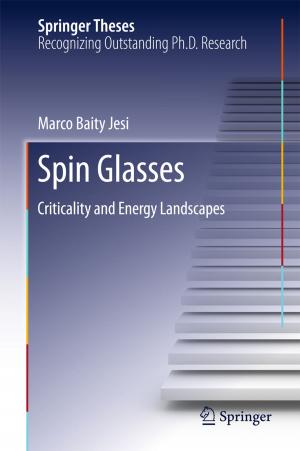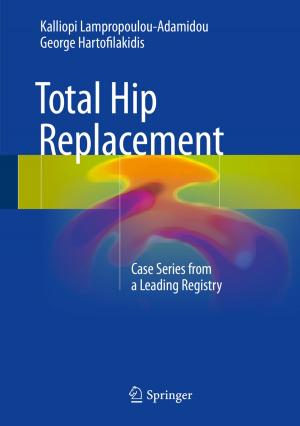You’re Wrong, I’m Right
Dueling Authors Reexamine Classic Teachings in Anesthesia
Nonfiction, Health & Well Being, Medical, Specialties, Critical Care, Anesthesiology| Author: | ISBN: | 9783319431697 | |
| Publisher: | Springer International Publishing | Publication: | November 10, 2016 |
| Imprint: | Springer | Language: | English |
| Author: | |
| ISBN: | 9783319431697 |
| Publisher: | Springer International Publishing |
| Publication: | November 10, 2016 |
| Imprint: | Springer |
| Language: | English |
This text covers the major controversies and "myths" in each of the major anesthesia subspecialties. You're Wrong, I'm Right is designed to be an easy and engaging evidence based read that offers the fast-paced give-and-take of a debate between two experts at the top of their game--capturing their full argument, including expressions of humor and displays of temper. Each point of contention begins with a real case, carefully selected to encapsulate the argument. One author then argues the "pro" side and another the "con." Sometimes a single author may argue both sides. In doing so, the authors highlight the newest evidence and remind us of classic principles that have stood the test of time. At the end of the debate, readers can determine which argument they will use in their clinical practice, and may also consult a final "Consensus” section that identifies the editors' and contributors' "picks" of the one best practice in a range of different situations.
This text covers the major controversies and "myths" in each of the major anesthesia subspecialties. You're Wrong, I'm Right is designed to be an easy and engaging evidence based read that offers the fast-paced give-and-take of a debate between two experts at the top of their game--capturing their full argument, including expressions of humor and displays of temper. Each point of contention begins with a real case, carefully selected to encapsulate the argument. One author then argues the "pro" side and another the "con." Sometimes a single author may argue both sides. In doing so, the authors highlight the newest evidence and remind us of classic principles that have stood the test of time. At the end of the debate, readers can determine which argument they will use in their clinical practice, and may also consult a final "Consensus” section that identifies the editors' and contributors' "picks" of the one best practice in a range of different situations.















